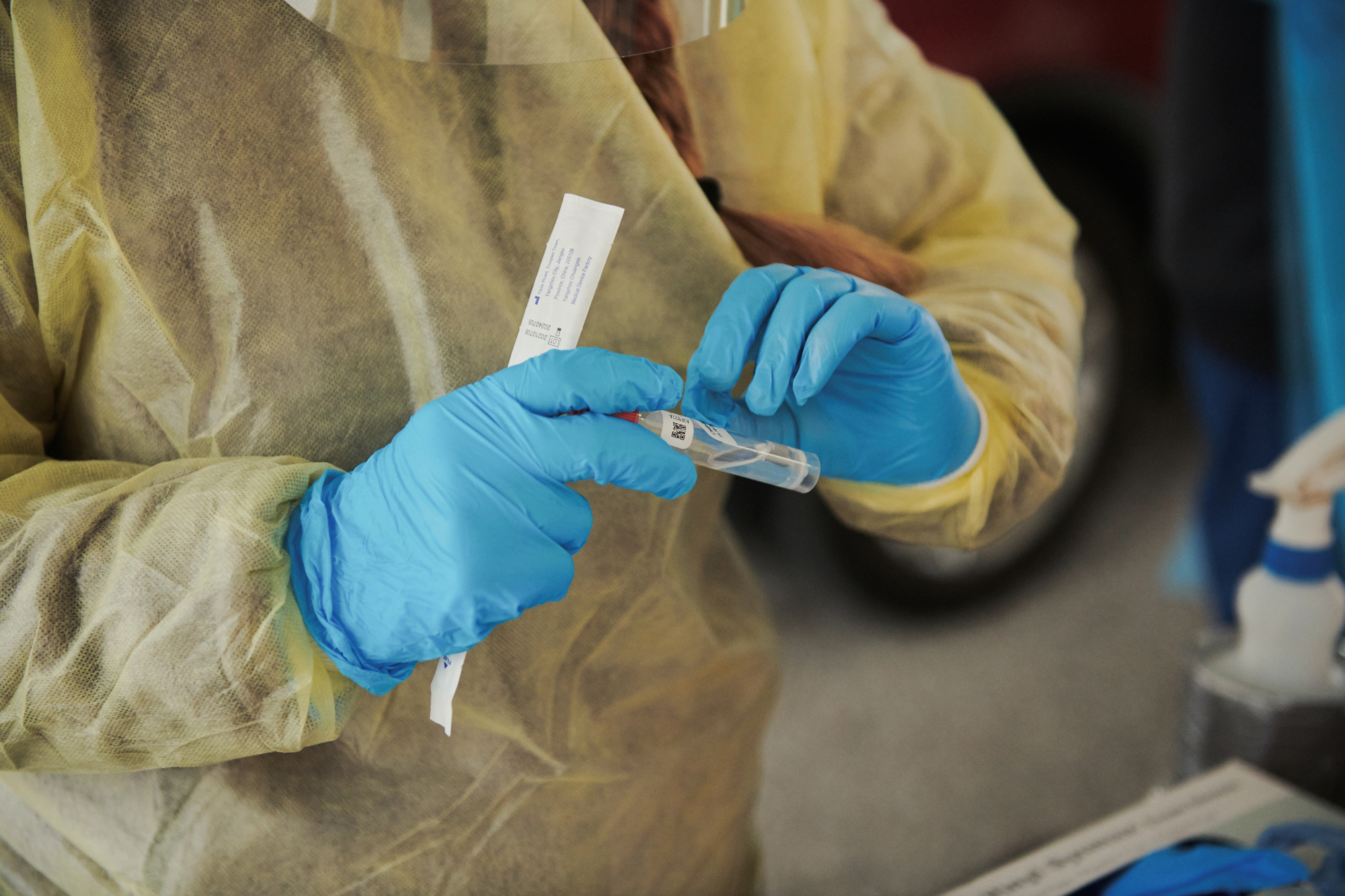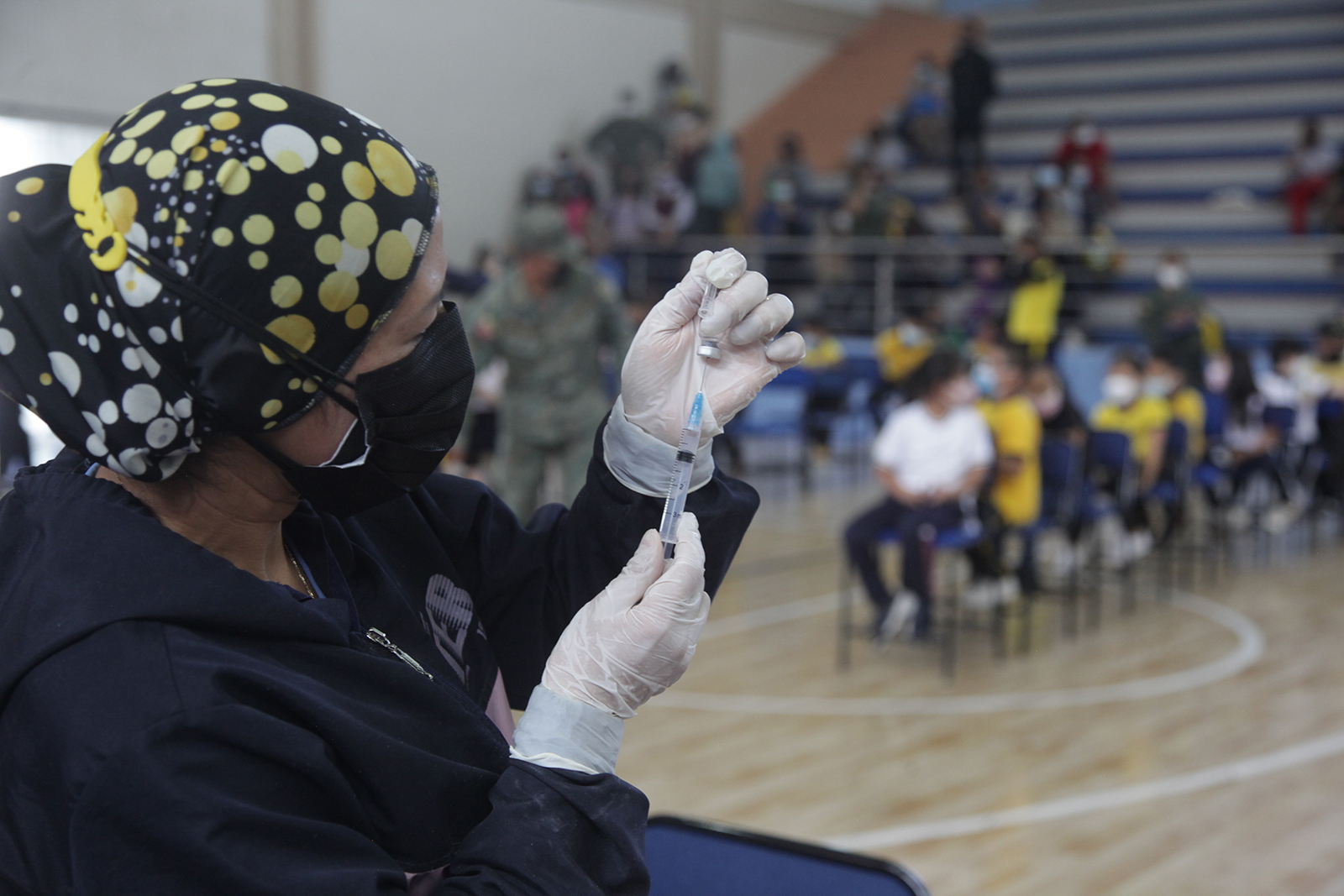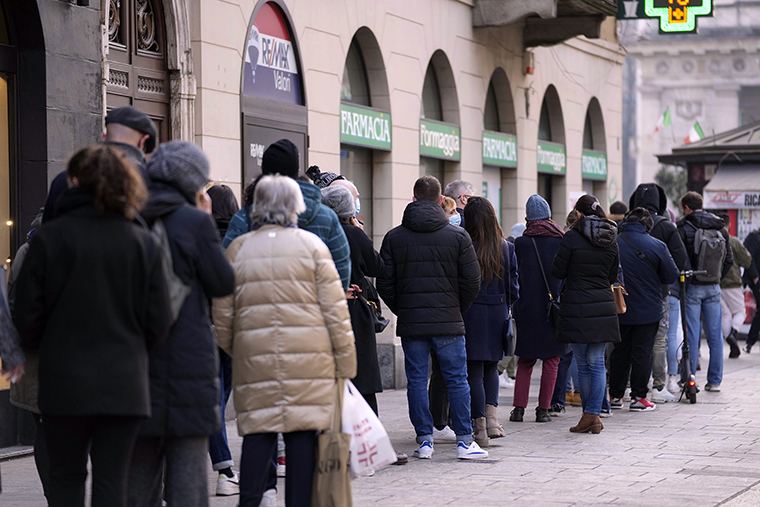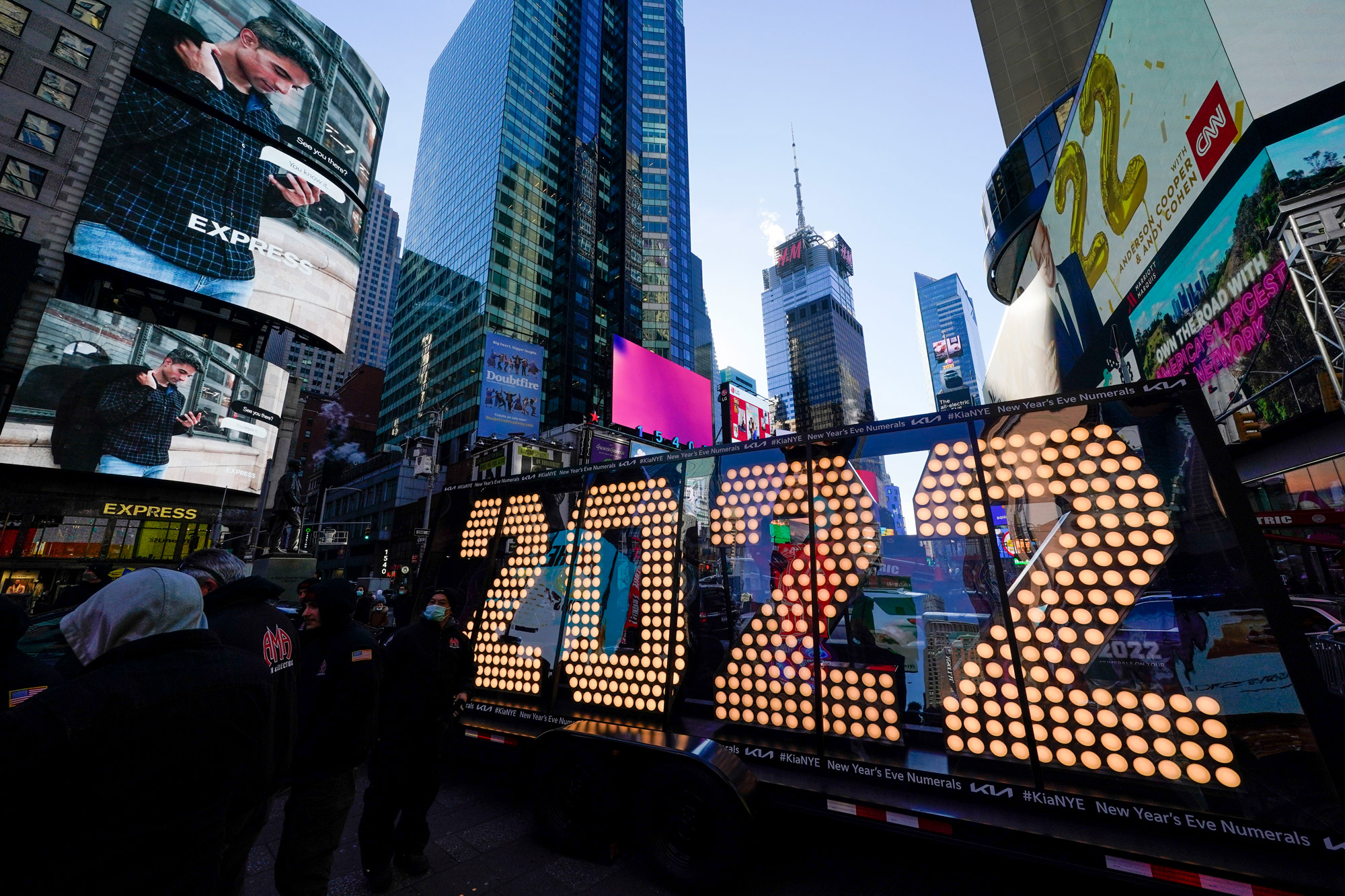A new analysis by the United Kingdom's Health Security Agency (UKHSA) adds to the growing evidence that the risk of being admitted to the hospital for Covid-19 due to the Omicron variant appears lower than the risk because of Delta.
But even though preliminary data suggests the risk of hospitalization due to the Omicron coronavirus variant appears to be reduced, the high transmissibility of the Omicron variant still could lead to large numbers of people being admitted to the hospital, according to the UKHSA's latest technical brief on coronavirus variants, released Thursday.
"It is important to highlight that these lower risks do not necessarily imply reduced hospital burden over the epidemic wave given the higher growth rate and immune evasion observed with Omicron," according to the report.
The report includes real-world data on Covid-19 cases and hospitalizations as of Dec. 20. Based on an assessment of the data, the report finds that the risk of hospital admission alone with Omicron infection was approximately two-fifths of that for Delta infection, and the risk of needing emergency or hospital admission was approximately three-fifths of that for Delta.
These findings are consistent with a separate paper released Wednesday by the Imperial College Covid-19 Response Team, which estimates the risk of being hospitalized for a day or longer due to the Omicron variant to be 40% to 45% lower than for the Delta variant.
The UKHSA report also examines vaccine effectiveness against Omicron – especially among people who received booster shots.
The report finds that among people who received two doses of the AstraZeneca vaccine, effectiveness against symptomatic disease was around 60% two to four weeks after either a Pfizer or Moderna booster, then dropped to 35% with a Pfizer booster and 45% with a Moderna booster by 10 weeks after the booster. Among people who received two doses of Pfizer, effectiveness averaged around 70% after a Pfizer booster, dropping to 45% after more than 10 weeks. After a Moderna booster, effectiveness stayed around 70% to 75% for up to nine weeks.
"There are insufficient severe cases of Omicron as yet to analyse vaccine effectiveness against hospitalisation, but this is expected to be better sustained, for both primary and booster doses," according to the report. "This analysis will be iterated next week, although numbers may still restrict a robust analysis of protection against more severe outcomes."
The brief notes that Omicron has continued to increase sharply as a proportion of cases in England, and relative to Delta, Omicron is currently more concentrated among young adults in their 20s and is less prevalent in children.



